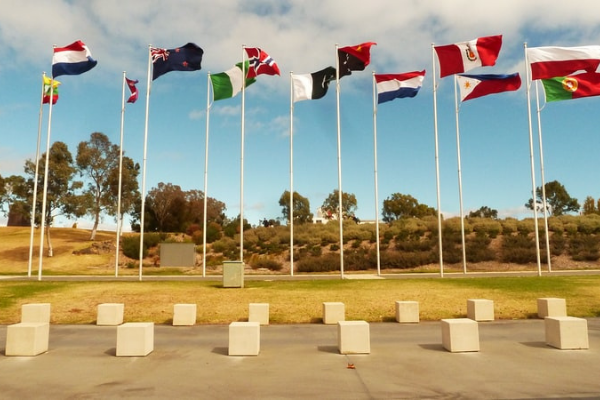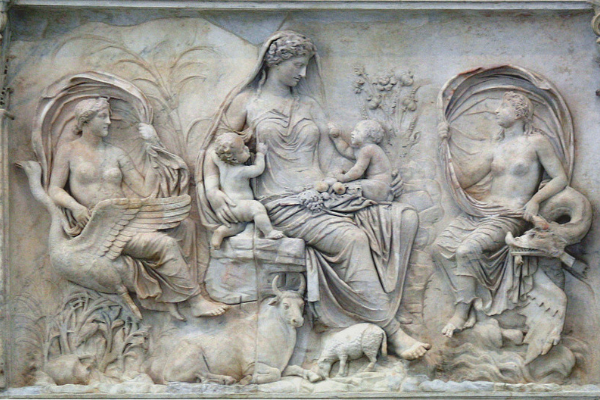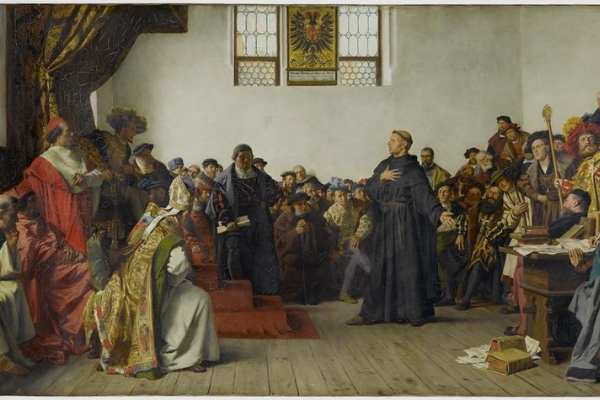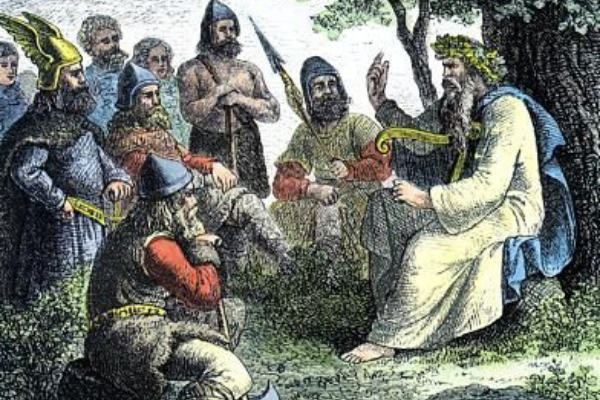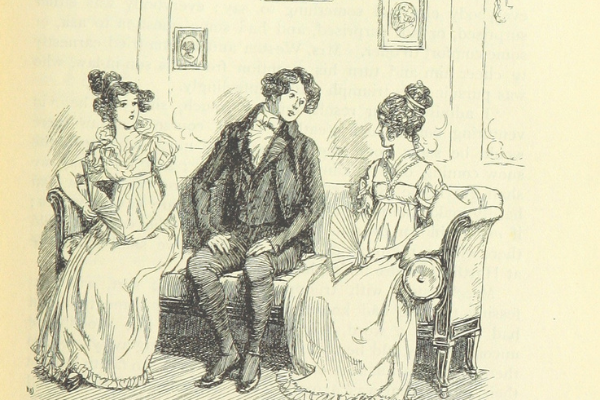Universal communication: could just 65 words hold the key?
Finding a universal language Esperanto never really caught on, and English has too much baggage to be a truly universal language. So what hope have the world’s nearly eight billion people, speaking thousands of different languages, of communicating meaningfully across cultural and linguistic barriers? Australian linguists have been grappling with this question – and they […]
Universal communication: could just 65 words hold the key? Read More »



